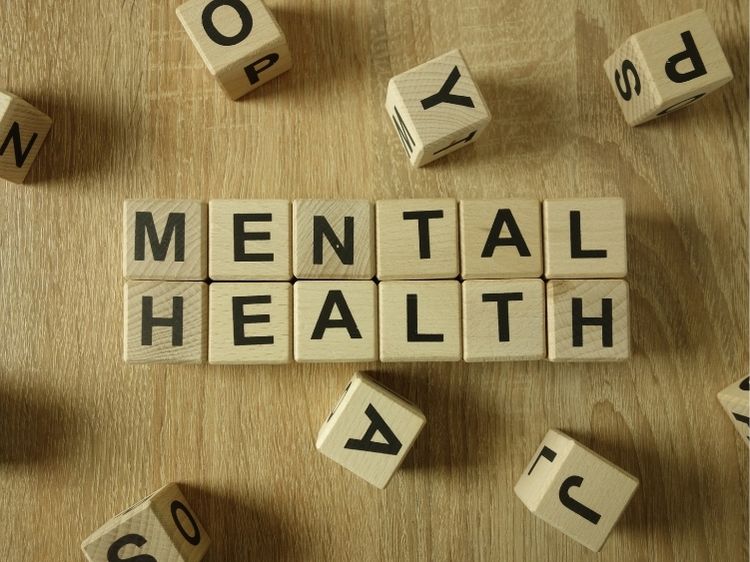When it comes to family matters, having access to reliable legal advice can make all the difference. But what if you can’t afford to pay for a lawyer? Don’t worry; there are numerous ways to obtain legal family advice for free. In this comprehensive guide, we’ll explore various resources, tips, and strategies to help you navigate family legal issues without breaking the bank.
Why Free Legal Family Advice Matters
Family legal issues, whether it’s divorce, child custody, or estate planning, can be emotionally and financially draining. Legal fees can quickly add up, making it challenging for many people to get the help they need. Fortunately, there are several free resources available that can provide the support and guidance necessary to resolve these issues. Understanding these resources and knowing how to access them is crucial for anyone facing legal family matters.
Sources of Free Legal Family Advice
1. Legal Aid Societies
Legal aid societies are nonprofit organizations that provide free legal services to low-income individuals. These organizations often have lawyers who specialize in family law and can offer valuable assistance. To find a legal aid society near you, check the Legal Services Corporation’s website, which provides a directory of legal aid organizations across the United States.
2. Pro Bono Services
Many attorneys offer pro bono (free) services to individuals who cannot afford to pay for legal representation. Pro bono services are often coordinated through local bar associations or legal aid societies. To find a pro bono lawyer, contact your state’s bar association or visit the American Bar Association’s website for a list of resources.
3. Law School Clinics
Law school clinics allow law students, under the supervision of experienced attorneys, to provide free legal services to the community. These clinics often cover a range of legal issues, including family law. Not only do you receive legal advice, but you also help law students gain practical experience. Check with local law schools to see if they offer clinic services.
4. Online Legal Resources
The internet is a treasure trove of free legal information. Websites like LegalZoom, Nolo, and Avvo offer articles, guides, and forums where you can get answers to your legal questions. While these resources should not replace professional legal advice, they can provide helpful insights and information.
5. Nonprofit Organizations
Various nonprofit organizations focus on specific aspects of family law, such as domestic violence or child custody. These organizations often offer free legal advice, support services, and resources. Examples include the National Domestic Violence Hotline and the Children’s Law Center.
Steps to Take When Seeking Free Legal Family Advice
1. Identify Your Legal Issue
The first step in seeking legal advice is to clearly identify the issue you’re facing. Whether it’s a divorce, child custody battle, or estate planning, knowing the specifics of your situation will help you find the most relevant resources.
2. Gather Necessary Documentation
Before seeking legal advice, gather all relevant documents related to your case. This might include court papers, financial records, correspondence, and any other documents that can provide context and support your case.
3. Reach Out to Multiple Sources
Don’t rely on just one source of free legal advice. Contact multiple organizations, legal aid societies, and pro bono lawyers to get a well-rounded understanding of your options and the best course of action.
4. Be Prepared to Answer Questions
When seeking legal advice, be prepared to answer detailed questions about your situation. The more information you can provide, the better advice you will receive.
5. Follow Up
After receiving legal advice, follow up on any recommendations or actions suggested by the lawyer or organization. This might include filing certain documents, attending court hearings, or seeking additional support services.
FAQs
What is legal aid?
Legal aid refers to free legal services provided to individuals who cannot afford to pay for a lawyer. These services are often offered by nonprofit organizations and cover a wide range of legal issues, including family law.
How do I qualify for legal aid?
Qualification for legal aid typically depends on your income and the nature of your legal issue. Each legal aid society has its own criteria, so it’s important to contact them directly to determine your eligibility.
Can I get free legal advice online?
Yes, there are many websites that offer free legal information and advice. While these resources can be helpful, they should not replace professional legal representation for complex or serious legal matters.
What if I need a lawyer to represent me in court?
If you need a lawyer to represent you in court and cannot afford to pay, look for pro bono services offered by attorneys in your area. Contact your state’s bar association or local legal aid society for assistance.
Are there free legal resources for specific family issues like domestic violence?
Yes, there are many nonprofit organizations that focus on specific family issues. For example, the National Domestic Violence Hotline provides legal advice and support for victims of domestic violence.
Conclusion
Navigating family legal issues can be challenging, but there are many resources available to help you get the advice and support you need. By leveraging free legal services, pro bono lawyers, law school clinics, and online resources, you can find the guidance necessary to resolve your legal matters. Remember to be proactive, gather all necessary documentation, and reach out to multiple sources to ensure you receive the best possible advice.
Getting legal family advice for free is not only possible but also essential for ensuring that everyone has access to justice, regardless of their financial situation. So, take advantage of the resources available, and don’t hesitate to seek the help you need to protect your family’s legal rights.



